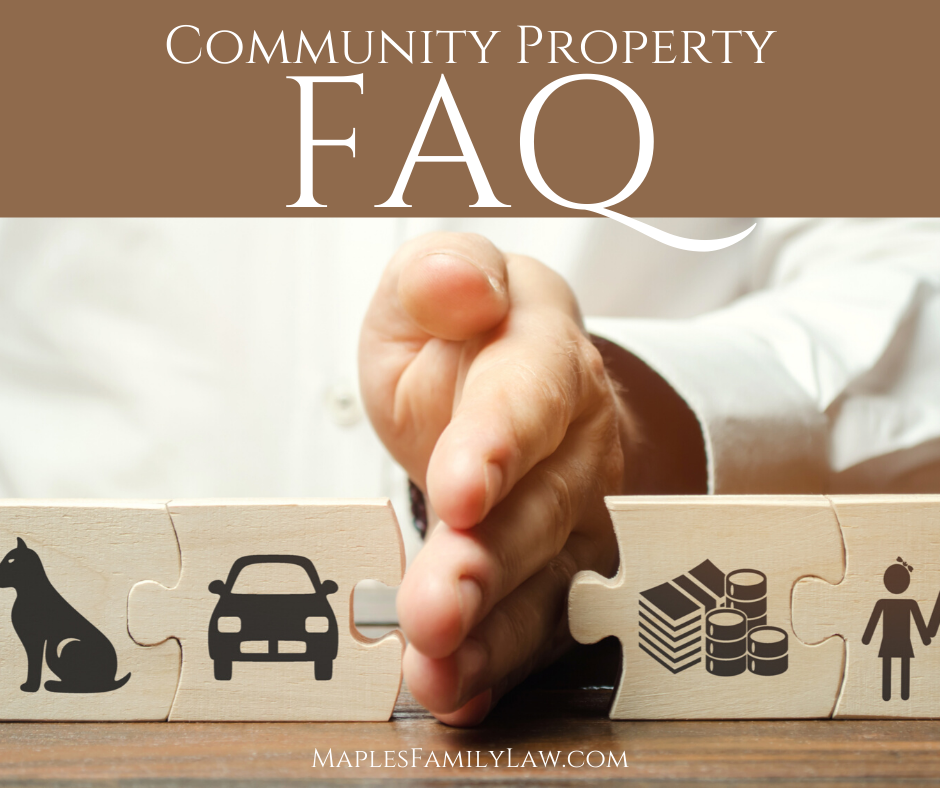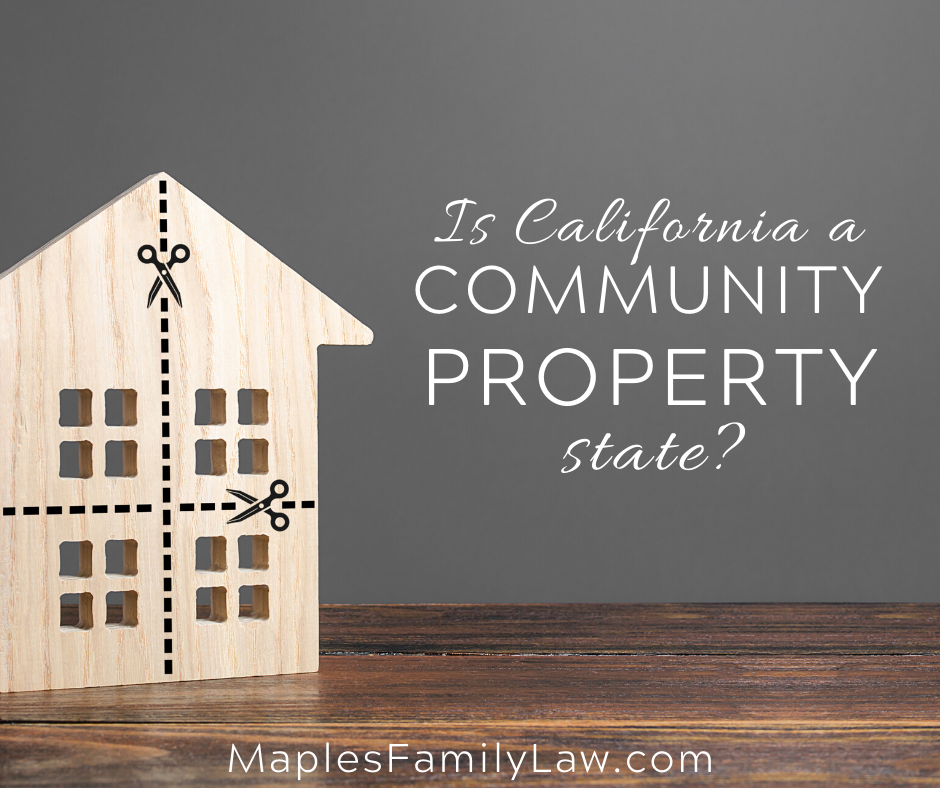Who Gets the Rings in a California Divorce? Learn the 3 Key Factors Now | Maples Family Law
Learn how California laws determine who keeps their rings after a divorce. Get answers to common questions about engagement versus wedding ring ownership and community versus separate property, while learning …










